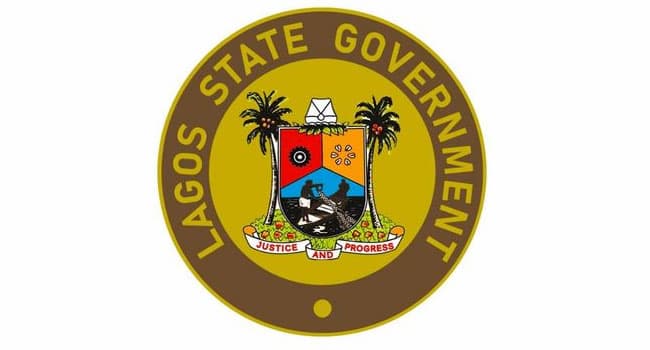Nigeria’s local governments received N2.02 trillion from the federal budget that was distributed in 2022.
This occurred as the greatest allocations for the year were received by LGAs in the states of Lagos, Kano, Oyo, Katsina, and Rivers. In the entire budget, local government entities in the five states received 24.83 percent (N500.38 billion).
The least amount of funding was given to local governments in Bayelsa, Gombe, Ebonyi, Nasarawa, and Ekiti during the year.
The eight local government units in Bayelsa received N24.03 billion in 2022, as did the eleven in Gombe, N28.97 billion, the thirteen in Ebonyi, N31.73 billion, the thirteen in Nassarawa, N31.96 billion, the sixteen in Ekiti, N34.86 billion, the sixteen in Kwara, N37.69 billion, the fourteen in Zamfara, N38.37 billion, and the seventeen in Abia.
Six LGAs in the FCT received N39.52 billion; 16 in Taraba received N40.42 billion; 17 in Yobe received N41.22 billion; 18 in Cross River received N41.69 billion; 18 in Ondo received N43.03 billion; 17 in Enugu received N43.42 billion; 17 in Edo received N43.54 billion; 17 in Plateau received N44.33 billion; 20 in Ogun received N45.68 billion; 21 in Adamawa received N49.23bn.
In 2022, the Federal Government allocated N57.68bn to the 25 local government areas n Delta; N58.25bn to the 27 in Imo; N58.42bn to the 30 in Osun; N60.68bn to the 25 in Niger; N61.63bn to the 27 in Jigawa; N65.37bn to the 27 in Borno; N66.31bn to the 31 in Akwa Ibom; N67.69bn to the 23 in Kaduna; N80.39bn to the 23 in Rivers; N81.81bn to the 34 in Katsina; N84.51bn to the 33 in Oyo; N107.29bn to the 44 in Kano; and N146.39bn to the 20 in Lagos.
Nigeria’s 774 local governments get monthly federation account income allocations.
Oil revenue, pertinent taxes, trade facilitation operations of the Nigerian Customs Service, Corporate Income Tax, sales of national assets, and surpluses and dividends from State Owned Companies are all combined in the federation account and distributed among the three levels of government.
The federal government receives 48.5% of the federation account, followed by state governments with 26.72 percent and local governments with 20.6%, according to the existing distribution arrangement.
Recently, municipal and state governments requested an increase in their allocations from the federal government through the Revenue Mobilisation Allocation and Fiscal Commission.
According to the National Deputy President of the Association of Local Governments of Nigeria, Shehu Jega, local governments need higher revenue allocations to be able to survive and avoid phasing into extinction.
During a programme organised by RMAFC, he said, “ALGON wishes to tell the Revenue Mobilisation, Allocation and Fiscal Commission that it has a great important role to play in rescuing local government system from extinction – extinction in the sense that local government system needs increase in the revenue sharing formula.
“After that allocation, it has to be monitored to ensure that each local government council in the country gets its allocation straight to its account.”
According to the President of the National Union of Local Government Employees, Mr Ambali Olatunji, local governments do not get most of the money disbursed to them because of state governments.
In an earlier interview with The PUNCH, he said, “The money was allocated, but it wasn’t given to local governments. Twenty-five per cent of that money did not get to them.
“These monies are being diverted and pilfered by state political actors relying on Section 162 of the constitution that says, ‘allocation of funds to the local government should be through joint accounts allocation committee and should be appropriated by Houses of Assembly’”
According to an economist, and a faculty member at the Lagos Business School, Bongo Adi, local governments area are state governors piggybanks.
He stated that the country needs to restore the rural economy, which is in the purview of the local governments, to the fore in order to have functional market systems, an effective economy, and people-serving policies.














